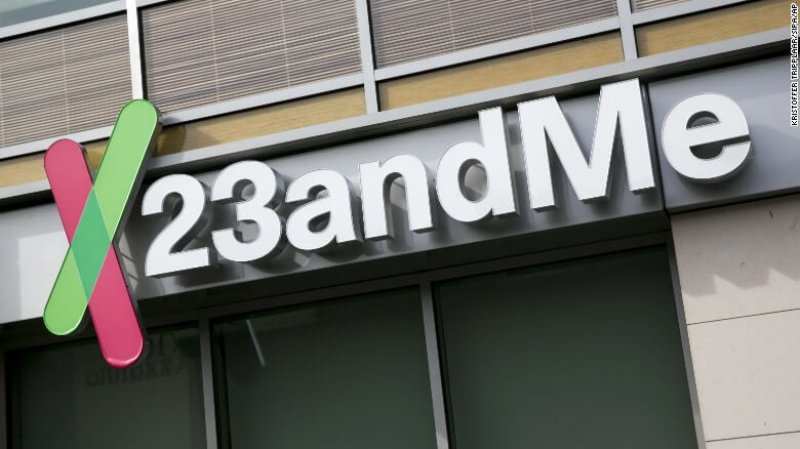…
Wojcicki aimed to attract millions of customers by selling an inexpensive test that would reveal genetic predispositions for dozens of traits. It would provide disease risks, but also genetic propensity for baldness, obesity and trivial features such as earwax consistency.
…
23andme is still barred from giving customers lots of available information, such as whether they carry gene variants that raise their risk for certain cancers or that predict how well certain medications will work. Before the FDA lockdown, it had been providing information on hundreds of health conditions.
…
Most scientists no longer see 23andme as a frivolous undertaking. The ability to recruit two million customers, and potentially many more, has been a huge draw, and researchers are lining up to collaborate with the company.
The GLP aggregated and excerpted this blog/article to reflect the diversity of news, opinion, and analysis. Read full, original post: The rise and fall and rise again of 23andMe































